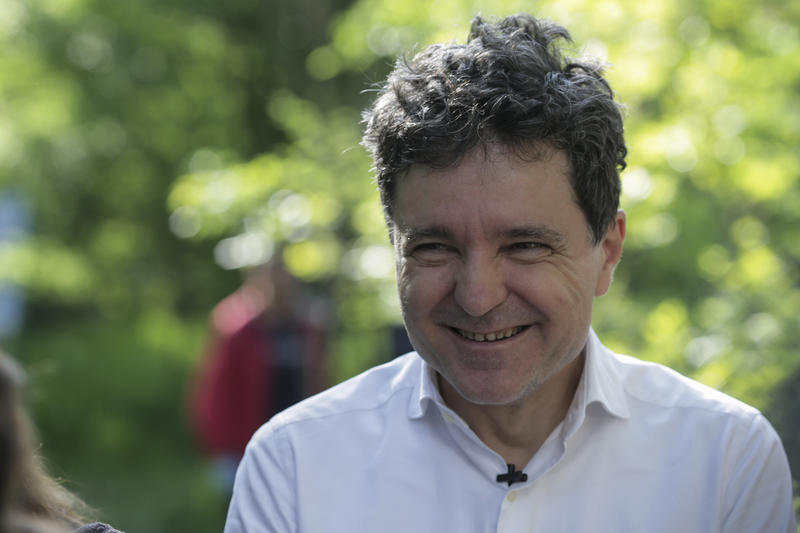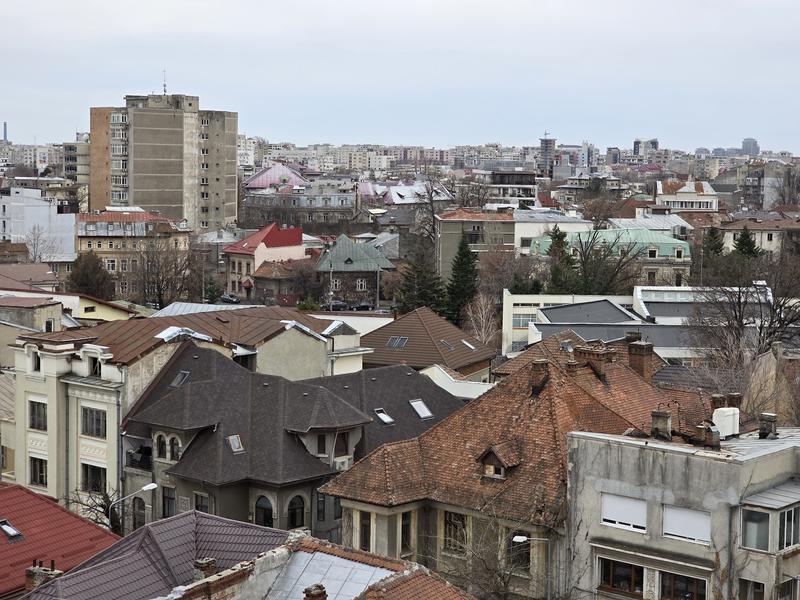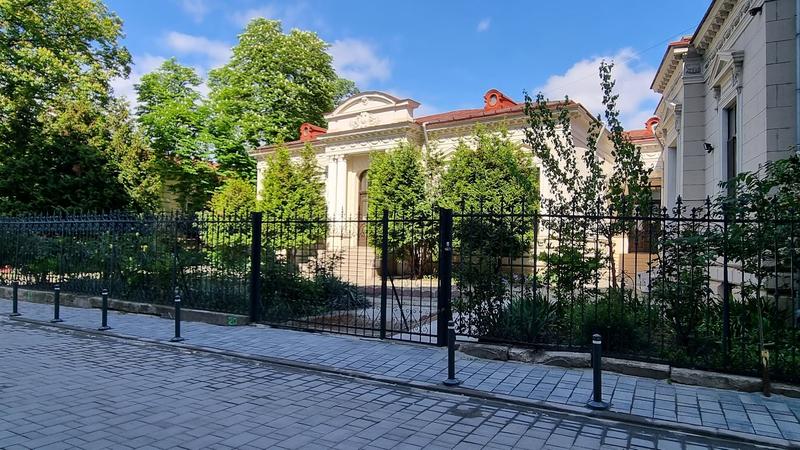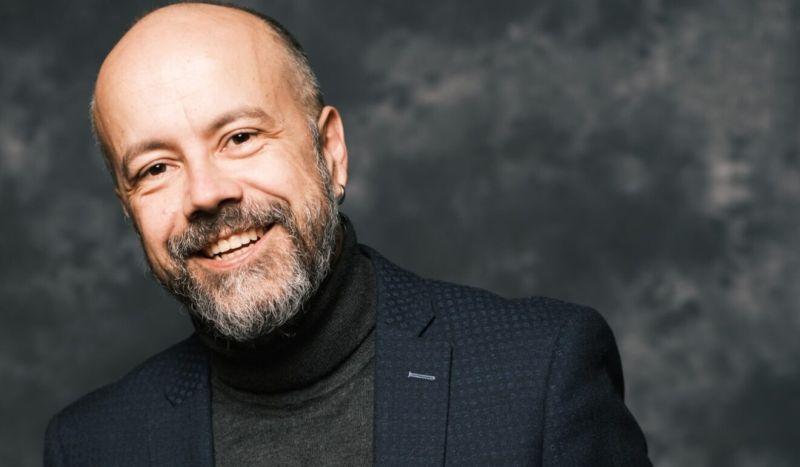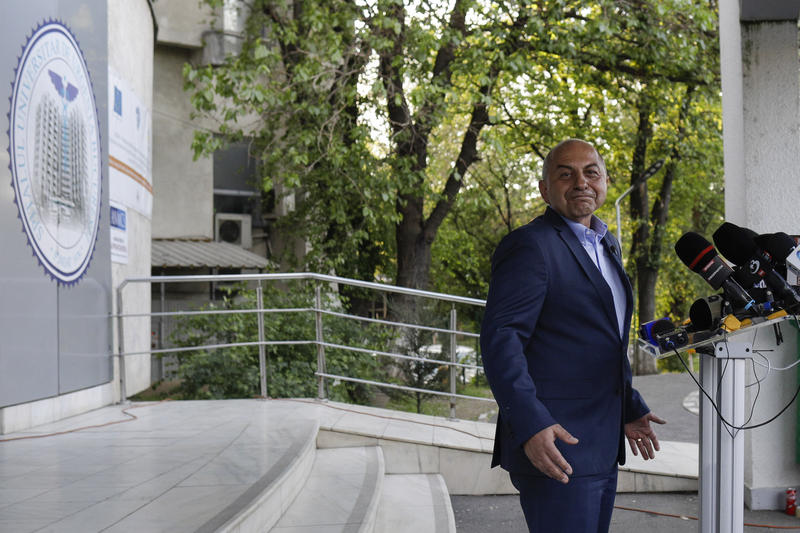Bucharest Tribunal scandalises even the magistrates: Chinese mafia member has been acquitted after having killed and chopped two co-nationals. Elsewhere in the news, the Romanian Police imposed a daily norm for fines: at least 10. Last but not least, "this country needs an enlightened dictatorship sometimes".
Bucharest Tribunal scandalises even the magistrates: Chinese mafia member has been acquitted after having killed and chopped two co-nationals, Evenimentul Zilei informs. His crimes disgusted the public opinion in mid-90s, but now the Chinese criminal is free to walk on the streets of Bucharest. The proof brought by investigators and supported by criminologists, forensic experts and 24 witnesses could not hold the Chinese in prison.
The proof show that the murderer killed two men in cold blood, chopped them to pieces, boiled their meat and flushed them away in a house in Dimitrie Cantemir Boulevard from Bucharest. Prosecutor’s accusations cover half of the Penal Code. Despite the arms, grenades, fingerprints, blood tests and witnesses' statements, Judge Viorica Dinu was not impressed and decided to set Zhao Tun Guo free, on the grounds that he "did not take part in the deeds".
The assassin is free until the magistrate will motivate her decision and prosecutors can appeal. The Chinese can leave the country if he so wishes. Law specialists contacted by EVZ contest the verdict. According to them, the Czechs used the fingerprints found on the sticky tape he used to tie his victims in order to identify him. Plus, she might need to explain why she kept him under preventive arrest for two years and a half if she doubted his guilt.
The Romanian magistrate doubted the identity tests were accurate, blood tests for example, and asked for the accused to be subjected to the lie detector. He "failed" the tests and experts decided he was lying. Still, she decided to set him free. An appeal can be made in 20 days.
Daily norm imposed by Romanian police: at least 10 fines, Adevarul reads. Rumours had it that if road traffic police do not end the day with at least 10 fines to be cashed in, they are graded down. If this happens more than three times, the policeman will not stand a chance to be promoted or to get bonuses, the newspaper goes on.
Upset with the harsh demands, several traffic agents from Sibiu (central) came out in the press. One of them said he has been destitute in 2009 and, after asking the General Romanian Police Inspectorate for help, he was given back his job. Later, he was investigated for talking to the press. He claims he had been supported by several colleagues, who were subjected to corruption set-ups, Ciprian Turcu told TV channel Realitatea.
Asked whether he fined to respect the norm, he said that he did it because fines "are on demand. There have been many instances where I could have let them go with a verbal warning. But because I knew I was going to be sanctioned, I fined the citizens. We are being evaluated at the end of every year, by counting strictly the number of fines."
Another issue Sibiu police agents underline is that influent people get preferential treatment. Plus, one demand breaks the law: the traffic agents are no longer allowed, according to their boss in Sibiu, to keep the driving licence if the driver doesn’t stop when the traffic lights go red, one policeman claims.
Sibiu traffic agents' statements are supported by the head of the Police Union Dumitru Coarna, who said this practices were decades old. Road Authority head Lucian Dinita claims that the number of crimes, contraventions etc. an agent deals with has to increase year on year, "which is insane because prevention is supposed to make this go down". But he refused to admit there was a plan for fines. Dumitru Coarna insists the habit is spread in the entire country and that the ways of the Romanian Police has not changed for tens of years.
"This country needs an enlightened dictatorship sometimes", Romanian Regional Development and Tourism minister Elena Udrea said during B1TV show "Nasul", Adevarul reads. She was talking about sealing contracts or deals with foreign states for tourism. The discussion related, as an anecdote, to the agreement ex-communist Romania and ex-USSR signed in 1989, namely to double the number of soviet tourists to Romania.
Udrea says that Romania has recently received a similar offer from China. "Chinese tourists are very good: they spend a lot, they go places. We currently have a difficult visa regime, but we're working to make it lighter. The ministries could sign an agreement to increase the number of Chinese tourists to our country. The deal would entail that the Chinese tourists don't settle in Romania", Udrea added.
The minister said Romania was trying to promote the balneary tourism, which grants subventions for part of the treatment people get overseas and which could be brought to Romania. She said she was trying to seal agreements with Austria and Germany, but admitted that the balneary tourism infrastructure was not ready.

